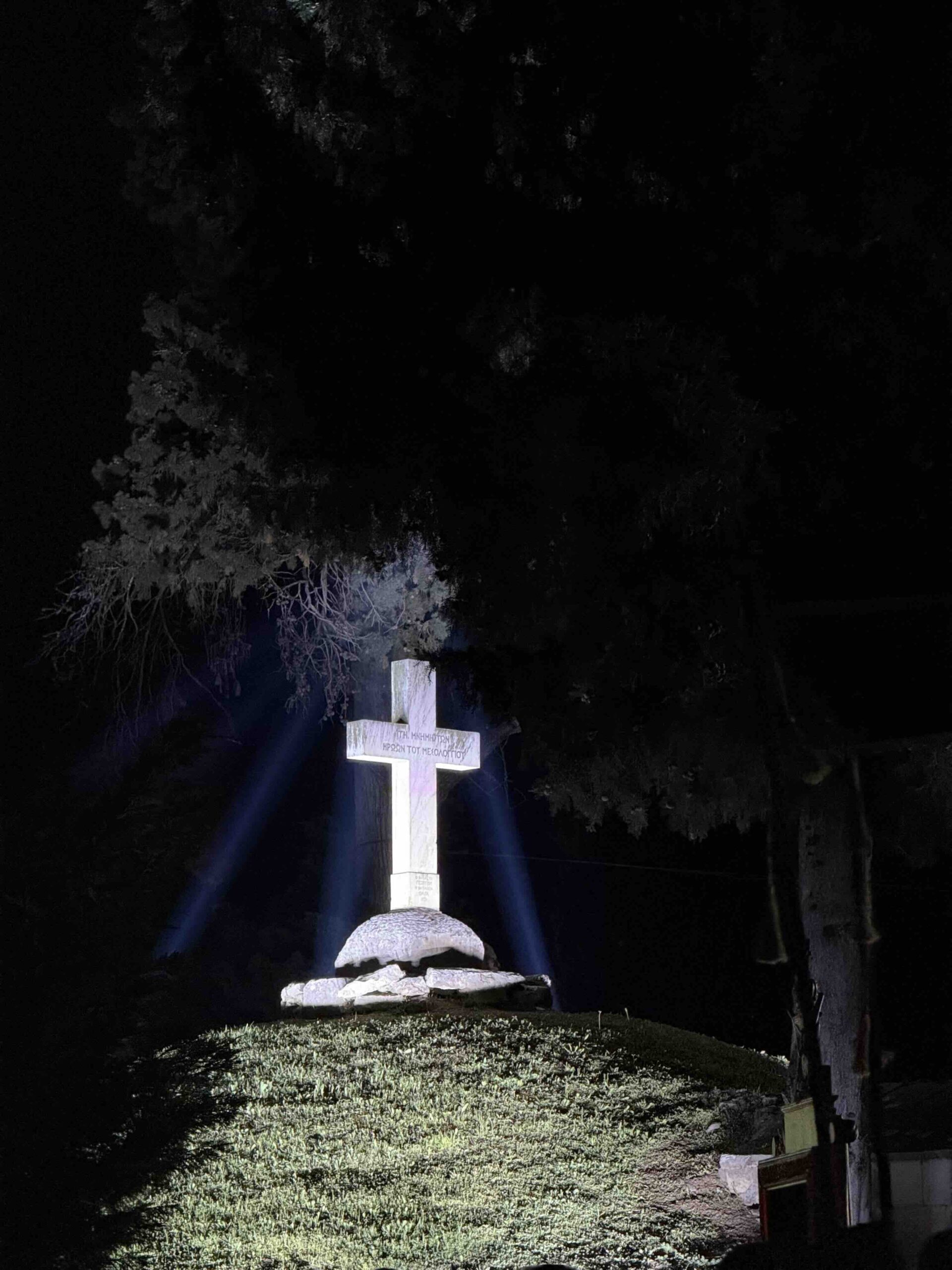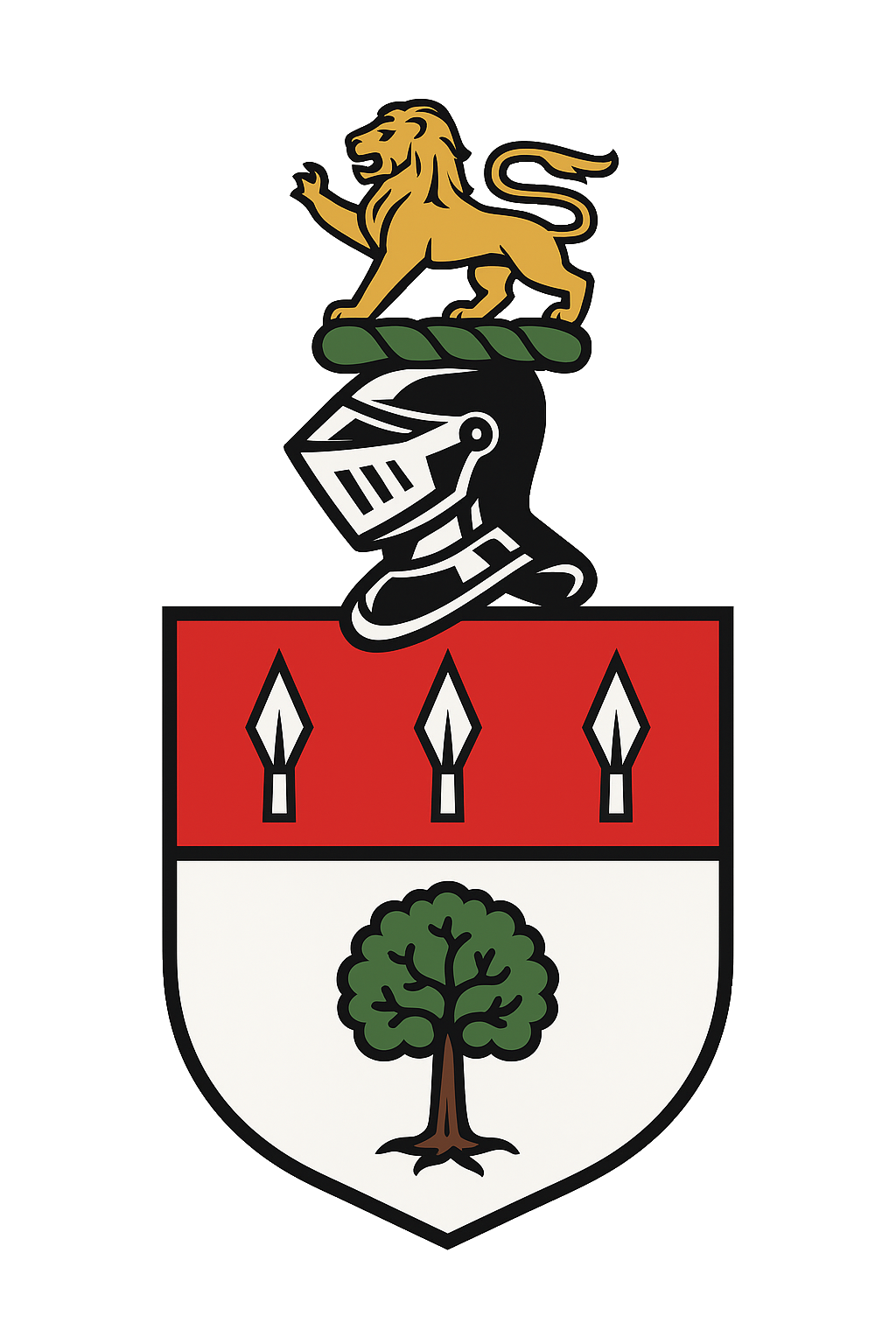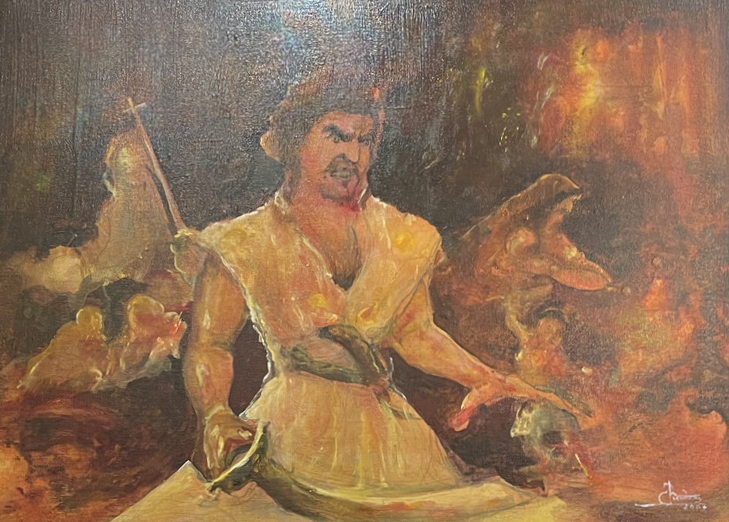The Exodus of Messolonghi: A Symbol of Sacrifice and Freedom
The Exodus of Messolonghi, which took place on the night of 10 April 1826, is remembered as one of the most tragic and heroic moments in modern Greek history. During the Greek War of Independence (1821–1830), the small town of Messolonghi became a bastion of resistance against the might of the Ottoman Empire. The town endured three major sieges, but it was the third and final siege that sealed its place in history.
By April 1826, the defenders and residents of Messolonghi had been besieged for nearly a year. Food was desperately scarce, disease was rampant, and the people were suffering immensely. Despite repeated attempts to break the siege or receive external support, reinforcements never came. Rather than submit to certain death or enslavement at the hands of the Ottomans and their Egyptian allies under Ibrahim Pasha, the townspeople made a collective and fateful decision: to attempt a mass breakout.
Under the cover of darkness, approximately 7,000 people—including fighters, women, and children—gathered to flee the encircled city. Their plan was to force their way through the enemy lines and escape into the surrounding mountains. Tragically, the Ottomans had been forewarned of the exodus by a traitor, and what followed was a massacre. Thousands were killed in the chaos; many who were captured were executed or sold into slavery. Those who remained behind, including the elderly and the wounded, were also slaughtered when the enemy entered the town.
Despite its military failure, the Exodus of Messolonghi was a profound moral and symbolic victory. It shocked the European public and intensified international support for the Greek cause. The desperate courage of the Messolonghi defenders became emblematic of the wider struggle for Greek independence and freedom from centuries of Ottoman rule.
The event resonated deeply with European Philhellenes—supporters of the Greek fight for independence. The British poet Lord Byron had died in Messolonghi in 1824, just two years before the exodus, and his legacy, coupled with the town’s suffering, stirred sympathy and outrage throughout Europe. Artists and writers immortalised the tragedy in poetry, paintings, and public speeches, turning Messolonghi into a powerful symbol of sacrifice and liberty.
Today, the exodus is commemorated every year in Greece with solemn ceremonies and reenactments. The “Garden of Heroes” in Messolonghi stands as a memorial to those who perished, and the phrase “Free Besieged” (Eleftheroi Poliorkimenoi)—coined by national poet Dionysios Solomos—continues to define the spirit of the event.


